OTTAWA: The Canadian Constitution Foundation (“CCF”) has been granted leave to intervene in the Supreme Court Appeal of the Reference Re. the Impact Assessment Act at the Supreme Court of Canada, commonly referred to as the “No More Pipelines” law.
On May 10, 2022, the Alberta Court of Appeal found the federal Impact Assessment Act (“IAA”) unconstitutional. The Court found that the law represents a major incursion into provincial heads of power, and that it causes significant adverse impacts to federalism and regulatory certainty in Canada.
The IAA was introduced in 2019 and replaced the Canadian Environmental Assessment Act 2012. The IAA sets out when and on what terms a resource project or activity will be subject to federal environmental review. Put simply, while the IAA does not explicitly ban the development of new pipeline projects, many observers note that this is the practical effect of the law, which vests tremendous power with the federal minister of natural resources.
The CCF will be intervening in the case to provide clarity on Canada’s federal structure.
“We are pleased that the court has given the CCF intervenor status in the IAA reference, a case that will have significant implications for Canadian federalism, the rule of law, investor certainty, and resource development,” said CCF Litigation Director Christine Van Geyn. “Federalism is the ‘golden thread’ running through Canada’s constitution, which carefully calibrates the division of powers and serves to reconcile regional interests with national unity. Federalism fosters government accountability and democratic participation, and promotes pluralism, stability, and liberty,” continued Van Geyn. “We are looking forward to providing the court submissions on how the IAA frustrates the purpose of federalism.”
The CCF is represented in this case by Brett Carlson, Aidan Paul, and Peter Banks of Borden Ladner Gervais LLP. “We congratulate the CCF for obtaining intervener status in the IAA reference”, said legal counsel Brett Carlson. “The outcome of this case is critically important for Canadian federalism, and transcends the immediate issue of environmental assessment legislation”, continued Carlson. “We are excited to work with the CCF to ensure that Canada’s federal structure, and its liberty, accountability and democratic functions, are maintained”.
Members of the public interested in supporting the legal fees associated with this case can make a tax deductible charitable donation at theCCF.ca/donate/






